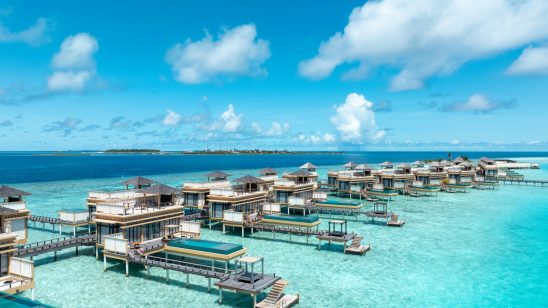
Maldives needs vision for growth, not misguided criticism and burdensome policies
Recent remarks made by a few politicians mocking the Indian Prime Minister as having “cost the Maldives millions” are not only baseless but also deeply unproductive. Such rhetoric detracts from addressing the real challenges the country faces, particularly in its tourism-driven economy. Instead of indulging in baseless debates, the Maldives should prioritise strategies to boost the tourism industry, which forms the backbone of the nation’s economy.
Tourism: The Lifeblood of the Maldivian Economy
Tourism directly supports the Maldives’ GDP, provides employment for thousands, and sustains countless businesses. Yet, instead of focusing on policies to enhance demand and attract more visitors, the government appears to be doubling down on counterproductive measures:
- Excessive Taxation: Unreasonable tax hikes discourage tourists from choosing the Maldives over competing destinations like the Seychelles or Mauritius, which offer comparable luxury at lower costs.
- Compulsory Capital Controls: Policies such as forced currency exchanges hurt businesses by reducing operational flexibility and increasing financial stress.
Heavy Discounts Are Not Sustainable
Declining occupancy rates have forced the industry to offer deep discounts to attract travellers, which cut into profitability and threaten the sustainability of resorts and businesses. Not only does this negatively affect investors, but a lower TGST from the industry also negatively impacts the state, which is the primary beneficiary of tourism.
- Increasing Demand: Launch aggressive global marketing campaigns to position the Maldives as a must-visit destination.
- Improving accessibility: Enhance connectivity with direct flights and partnerships with international airlines.
- Creating Value: Develop unique experiences that differentiate the Maldives from its competitors.
Government should focus on growth, not restrictions.
Maldives must prioritise measures to improve tourist arrivals rather than alienating visitors and investors with ill-conceived policies. A thriving tourism industry generates significant revenue that can benefit the economy without resorting to capital controls or excessive taxation.
Instead of imposing restrictive measures, the government could:
- Engage stakeholders like MATI, resort operators, and local associations to find balanced solutions.
- Implement policies that enhance value for tourists rather than squeezing them financially.
- Learn from competing destinations by investing in long-term strategies to improve their appeal and occupancy rates.
The Maldives should focus on policies that sustain its position as a leading global tourist destination. Petty political debates and restrictive economic measures distract from the pressing need for growth-orientated policies. By prioritizing increased tourist arrivals, the government can drive occupancy rates, reduce demand for discounts, and ultimately create a thriving and sustainable tourism industry.






